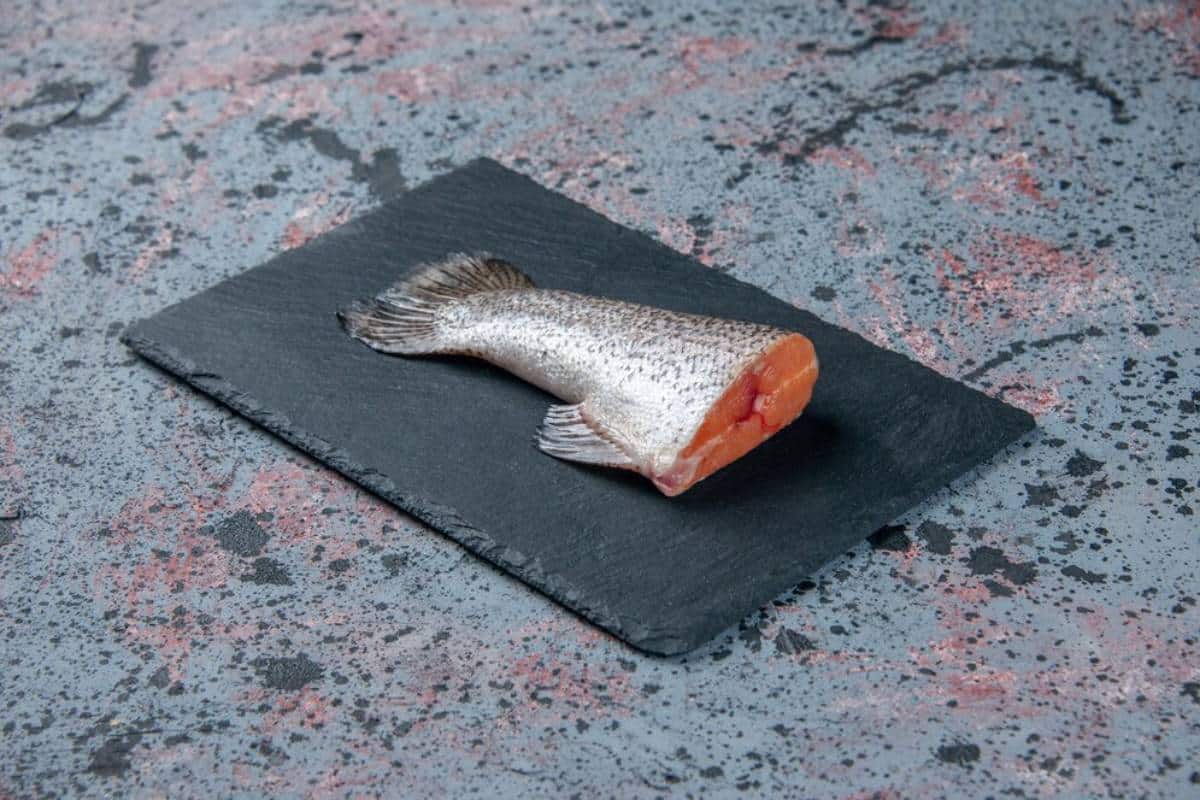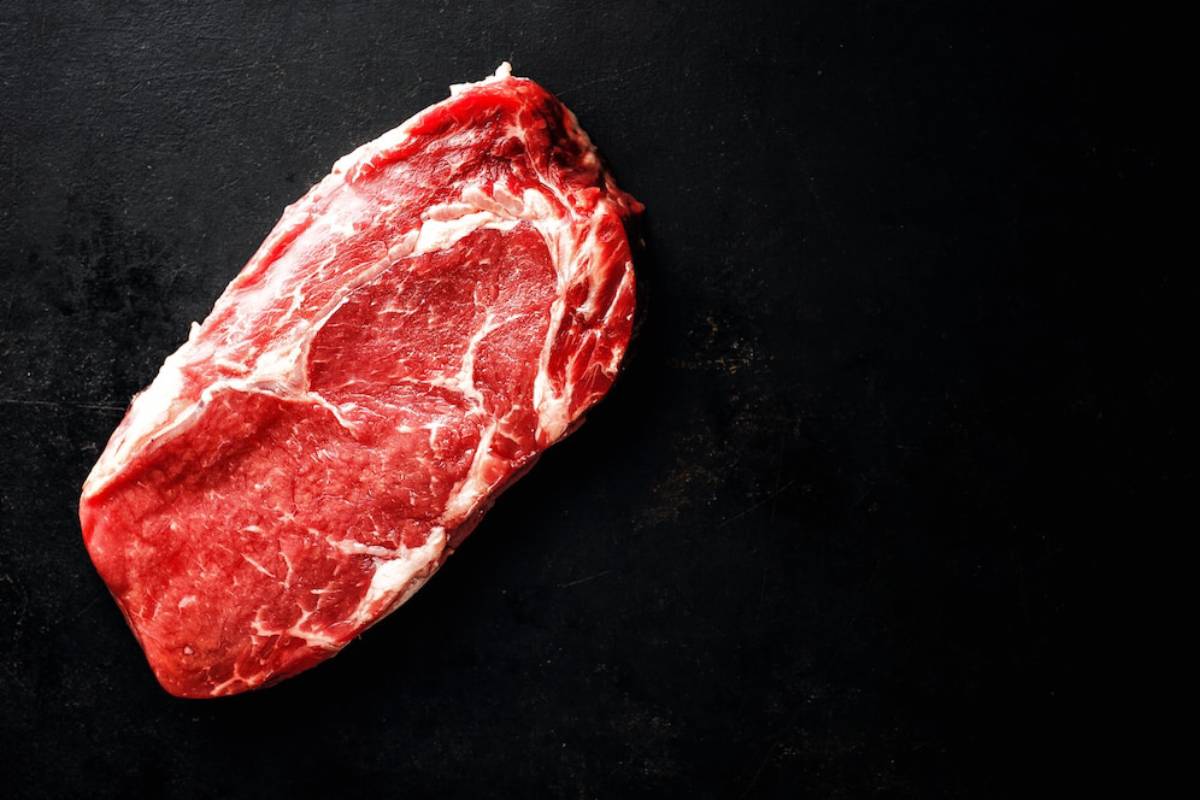
Understanding Vitamins and Minerals in Dog Diets
Cooking for your dog at home isn’t just mixing meat and rice. While your furry friend loves the taste, homemade dog food can lack essential nutrients, especially vitamins and minerals, for their health.
Dogs, like us, need a balanced diet to thrive. Commercial dog foods are designed to be complete, but homemade meals need extra care. You don’t have to be a vet or a nutritionist to create a healthy diet for your dog. With some planning, you can prepare meals that support their immune health and bone strength.
In this guide, we’ll cover the essential vitamins and minerals dogs need, where to find them, and how to ensure your homemade meals meet your dog’s daily needs without common pitfalls.
Why Are Vitamins and Minerals Important for Dogs?

Vitamins and minerals are needed in small amounts but greatly affect your dog’s well-being. They support growth, brain function, energy production, and disease prevention. These nutrients are key to keeping your dog active and healthy.
What Happens If Your Dog Is Deficient?
Nutrient deficiencies can cause various health issues, such as:
- Poor coat and skin problems
- Weak bones or dental issues
- Lethargy or fatigue
- Digestive troubles
- Weak immune system
A homemade diet rich in fresh ingredients but low in vital nutrients can cause harm over time.
Key Vitamins Your Dog Needs (and Why)
Let’s look at the essential vitamins for your dog and their roles.
Vitamin A
- Function: Supports vision, immune function, and skin health.
- Signs of deficiency: Night blindness, poor coat, skin infections.
- Sources: Liver, cooked and pureed carrots, sweet potatoes.
Vitamin D

- Function: Regulates calcium and phosphorus for strong bones.
- Signs of deficiency: Rickets in puppies, bone pain in adults.
- Sources: Oily fish (like sardines), egg yolks. Dogs can’t make enough vitamin D from sunlight.
Vitamin E
- Function: Acts as an antioxidant and supports muscle and immune health.
- Signs of deficiency: Muscle weakness, reproductive issues.
- Sources: Wheat germ oil, sunflower seeds, spinach.
Vitamin K
- Function: Important for blood clotting.
- Signs of deficiency: Bleeding disorders.
- Sources: Leafy greens (like kale), liver.
B-Complex Vitamins
- Function: Support metabolism, nerve function, and energy levels.
- Common B vitamins: B1 (thiamine), B2 (riboflavin), B6, B12, niacin, folic acid.
- Sources: Eggs, liver, brown rice, beef.
Vitamin C
Dogs can make their own vitamin C, but supplementing can help, especially during stress or illness, to support their immune system.
Essential Minerals for Canine Health
Minerals are just as crucial as vitamins. Here’s a look at key minerals your dog needs.
Calcium and Phosphorus
- Function: Critical for bone and teeth development.
- Balance matters: Too much phosphorus (common in meat-heavy diets) and too little calcium can cause skeletal problems.
- Sources: Ground eggshells (for calcium), meat, raw and ground bones (not cooked).
Magnesium
- Function: Supports muscle function and enzyme activity.
- Sources: Leafy greens, pumpkin seeds, whole grains.
Potassium
- Function: Aids muscle contraction and fluid balance.
- Sources: Bananas, sweet potatoes, chicken.
Iron

- Function: Helps transport oxygen and form red blood cells.
- Sources: Liver, red meat, spinach.
Zinc
- Function: Essential for skin health, immunity, and enzyme functions.
- Sources: Lamb, turkey, and pumpkin seeds.
Iodine
- Function: Supports thyroid function and hormone production.
- Sources: Kelp (in small amounts), fish.
The Pitfalls of Homemade Meals Without Supplementation
Common Mistake: Relying Solely on Muscle Meat
Many dog owners think chicken breast or minced beef is enough. While it provides protein, it lacks calcium, vitamin D, and several trace minerals. A long-term diet like this can lead to hard-to-detect deficiencies.
Example: Max’s Story
Max, a two-year-old Labrador, seemed fine on chicken and rice. Over time, he started limping and showed fatigue. Blood tests revealed he was low in calcium and vitamin D, leading to early signs of bone softening. After adjusting his meals and adding the right supplements, Max recovered within weeks.
Safe Ways to Supplement Homemade Dog Food
If you’re cooking at home, supplements can fill in nutritional gaps. But not all supplements are equal.
Dog-Specific Multivitamin Powders
These are made to complement homemade meals and include a balance of essential vitamins and minerals.
Look for:
- Third-party testing
- No artificial fillers
- Formulated for dogs (not humans)
Natural Additions That Boost Nutrition
These whole-food enhancers are nutrient-rich and easy to add.
- Kelp powder: High in iodine and minerals
- Nutritional yeast: Good source of B vitamins
- Ground flaxseed: Rich in omega-3s and fiber
- Spirulina: A superfood packed with antioxidants and protein
How to Avoid Over-Supplementing
Too much of a good thing can be harmful. Excessive levels of certain nutrients, especially fat-soluble vitamins like A and D, can be toxic.
Tips to stay safe:
- Follow feeding guidelines closely
- Avoid doubling up on supplements unknowingly
- Work with a vet or canine nutritionist to create a tailored plan
Putting It All Together: A Sample Balanced Meal
Here’s an example of a homemade meal packed with essential nutrients:
Chicken and Veggie Bowl (for a 15kg adult dog)
- 100g cooked chicken thigh (protein + B vitamins)
- 40g cooked sweet potato (carbs + vitamin A)
- 30g chopped spinach (vitamin E, K, iron)
- 1 tsp ground eggshell powder (calcium)
- 1 tsp flaxseed oil (omega-3)
- Pinch of kelp powder (iodine)
- Optional: a scoop of balanced multivitamin supplement
Nutrient Knowledge is Pet Power
Homemade dog food is a great way to show your love, but love needs knowledge. Understanding vitamins and minerals in dog diets is key to canine nutrition. It ensures your dog benefits from every meal.
By including the right balance of dog vitamins and minerals, through whole foods or supplements, you can avoid common nutritional pitfalls. This helps your dog live a longer, happier, and healthier life.
Ready to improve your homemade dog meals? Check your current recipes—do they include natural sources of calcium, vitamin A, and zinc? If not, take a small step today: add ground eggshell, a spoonful of spinach, or a sprinkle of kelp. Your dog’s wagging tail will say it all. Let’s hear from you! Have you started cooking for your dog? What challenges have you faced in balancing nutrients? Drop a comment below, share this guide with fellow dog lovers, and subscribe for more expert insights on canine wellness!


